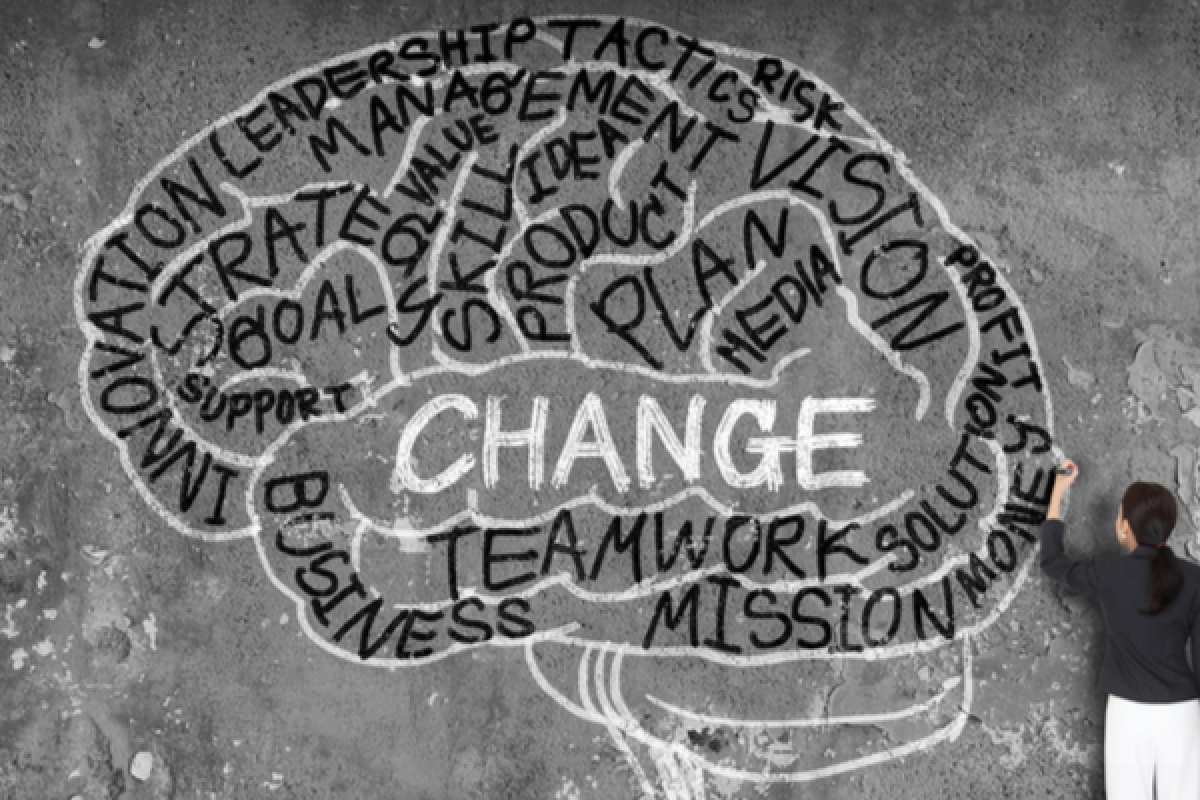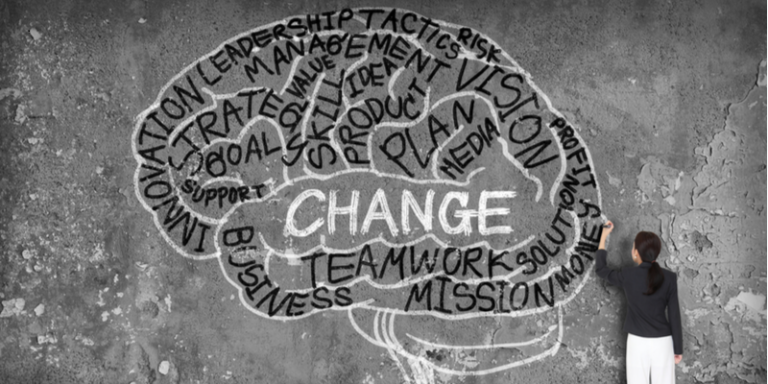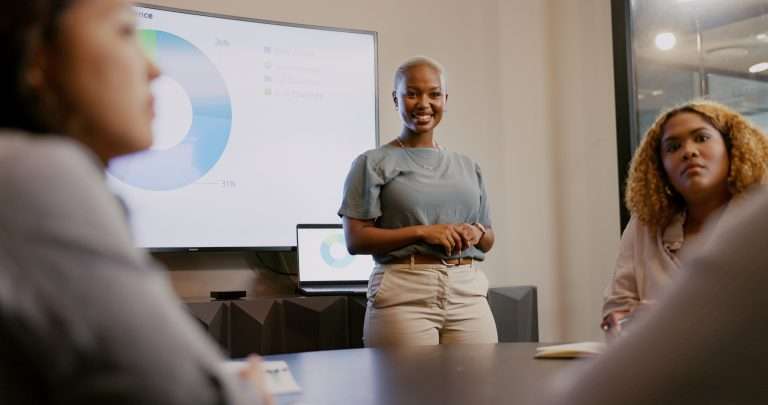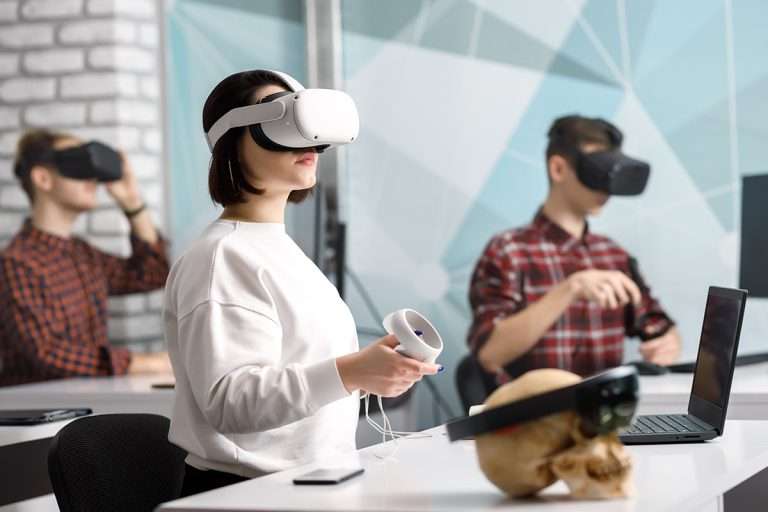The Inevitability of Change
With time, every situation or circumstance will change whether we like it or not. We are not the exact people we were yesterday, nor who we were two years ago, nor who we will be one year from now. Change happens with or without our permission. The reality presents both an opportunity and a challenge at the same time. Most frequently, people will readily agree that change is a good thing as long as it is happening to someone else! It is when the individual must change that a threat on some level may surface. Response to change is fully in the hands of each individual. Therefore, it is important to understand the different possible reactions to change. The guarantee is that if we choose not to change, our decision will not stop the change from happening; we will not be included.
Facing Resistance to Change
As Will Rogers said, “When you’re through changing, you’re through.” Change continues with or without your participation and/or permission. Many times, people avoid change without even knowing what the change entails. The mere fact that “it is different” is enough of a reason to reject the idea, suggestion, or plan. Change may be viewed as an “opportunity or a threat,” and each response carries a variety of attitudes and behaviors.
In reality, the act of changing is not difficult for most people; the required adjustment in attitude, behavior, and/or approach is difficult. Changes carry a sense of loss. The consequences of “loss” can be devastating and take a very long time to accept. A loss at its most extreme for people is the death of a loved one. However, there are many other losses people endure, such as moving from a home, a city, a state, changing job location (company, floor, new colleagues, etc.), or learning a new process or computer program.
Understanding How People Process Change
People adjust to change at their own pace when they establish a comfort level with the proposed or expected change, which is why understanding how individuals manage change is critical to ensure that people adapt to change well. Often, individuals are viewed as resistant, defiant, or uncooperative when presented with a “new” idea, process, or direction; however, this may not be the case. Some people may just need more time to think it through; others need to see how it will affect his or her ability to be effective, and others still need time to determine in their own mind if the change is needed or necessary at all. Each individual may move in the desired direction, given some time. Professionals who understand their personal posture toward change are often in stronger positions to quickly evaluate situations and adapt to change well.


























